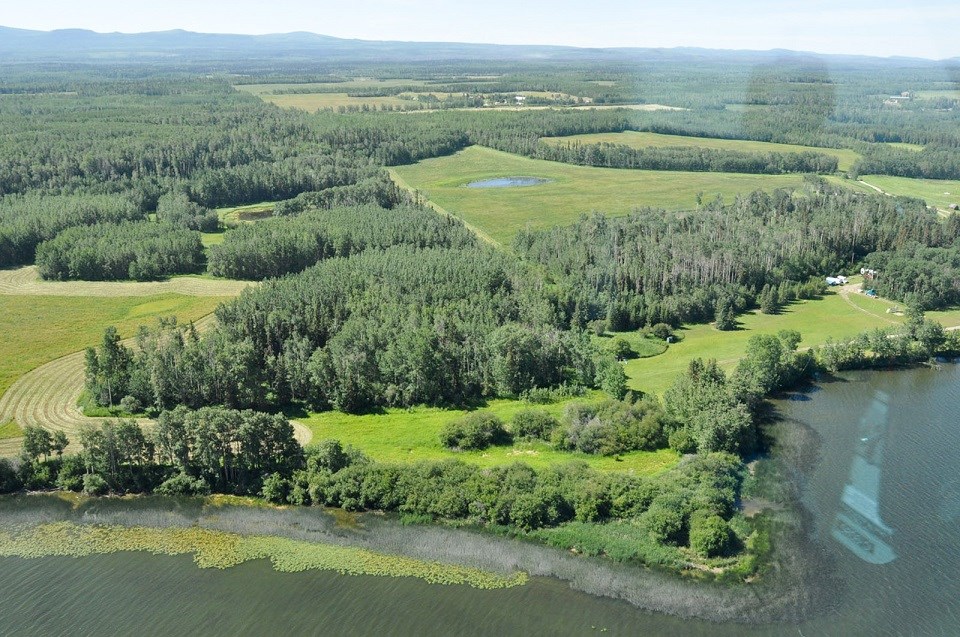After hitting a significant roadblock, the development of year-round mental health and addictions treatment centre serving multiple B.C. First Nations in the north is moving forward.
Carrier Sekani Family Services (CSFS) has been planning for an essential Indigenous Healing Facility, a dream built on decades of work, at Tachick Lake Resort in Saik’uz territory southwest of Vanderhoof.
However, in March, the Agricultral Land Commission (ALC) North Panel denied CSFS an exemption for non-farm use on the site.
Tachick Lake Resort has been used as a commercial lodge and campground since the 1960s and CSFS says this location was chosen after years of due diligence and feasibility studies to identify potential sites for a health and treatment centre.
The facility, currently planned to have 60 beds, is intended to serve area Indigenous people from a medically-based service delivery model that is grounded in traditional Carrier and Sekani healing and land-based wellness practice.
After ongoing dialogue with the ALC and the province, CSFS has received a final “Reasons for Decision” from the ALC regarding CSFS’ request for an exemption from the Agricultural Land Reserve (ALR).
The ALC has made the decision to allow CSFS to use the Tachick Lake site for non-farm use.
“We are very happy with the ALC Decision to allow ‘non-farm use’ of the property for operations of the Carrier Sekani Family Services Addiction Recovery Program in the new facility, and will continue to serve future generations,” said Corrina Leween, Carrier Sekani Family Services Board President and Chief of the Cheslatta Carrier Nation, in a news release.
“The ALC decision allows Carrier Sekani Family Services to move forward in realizing our long-term goals that include healing and treatment that will help address the ongoing opioid and mental health crises that are disproportionately affecting Indigenous people.”
The current Addiction Recovery Program (ARP) serves both male and female individuals. The current four-week program provides a range of services including grief and loss, trauma, gambling and Opioid Replacement Therapy.
CSFS says the ALC decision on exclusion approval is subject to some conditions including parameters around boundary set-backs, construction guidelines, timelines, and requisite communications regarding design and construction.
The next steps for this project will include fundraising for the remaining funds needed to begin construction of the facility and then moving to the design phase of the construction process.
CSFS notes this project is crucial to removing barriers to health services and making progress toward fundamental objectives of improved health and wellbeing for Indigenous peoples.




